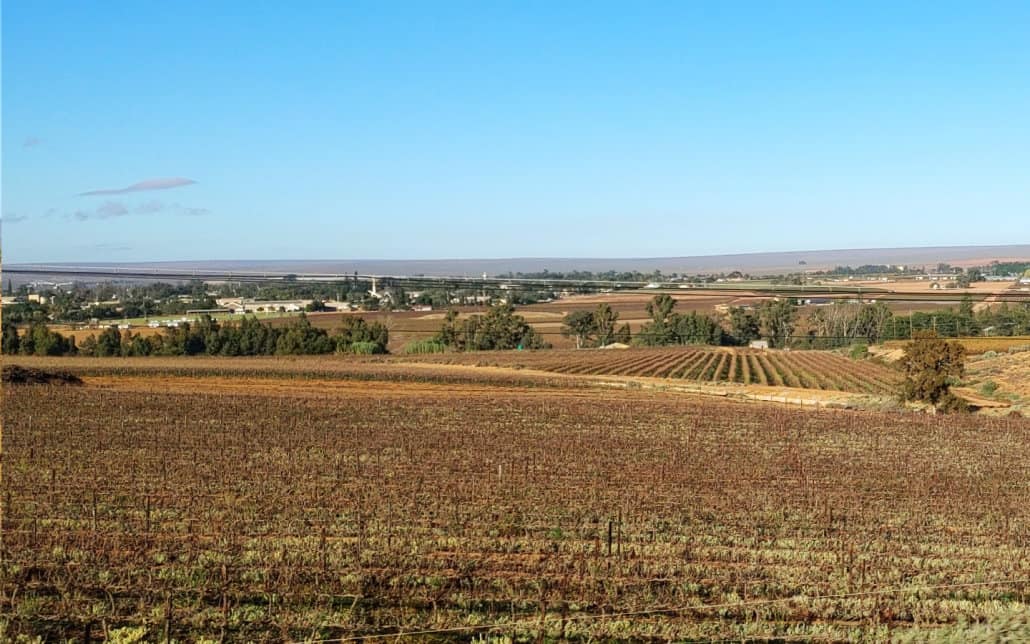For nearly 10 years, Transparency International (TI) has been conducting research into the connection between land and corruption in Africa, through its project of that name. Phase one of Land and Corruption in Africa was successfully rolled out from 2014 to 2019 and yielded rich country-by-country research on land corruption risks and the impact on citizens across 10 countries in Africa: Cameroon, Ghana, Kenya, Liberia, Madagascar, Sierra Leone, South Africa, Uganda, Zambia, and Zimbabwe.
As the TI chapter for South Africa, Corruption Watch has been involved in the project from the start.
A second phase of the project (2021-2025) is currently under way. This phase, says TI, seeks to address land corruption risks by:
- sharing information on how land corruption manifests and what its effects are;
- ensuring that land corruption and actions to fight it are put on the agendas of governments and international bodies like the African Union;
- raising the importance of combating land corruption in the global land governance debate;
- educating citizens about their land rights and how to defend them;
- working with governments, traditional authorities, the private sector and civil society to find solutions to combat land corruption;
- ensuring intergovernmental organisations, governments and business have procedures in place to sanction offenders and bring about justice for affected citizens;
- pushing for solutions to land corruption that are responsive to the needs of women, young people and other marginalised citizens.
This page collects all our work related to corruption and land. We have podcasts, opinion pieces, articles, reports, and more.
Podcasts
Land and Corruption: Story of the marginalised –
Episode 1
Episode 2
Episode 3
Publications
Download our most recent educational brochure (2023)
English |
Download our educational brochures (2019)
English | isiZulu | Sesotho
Download our 2019 report from phase one of the LCA project, Unearthing Corruption in the Land Sector.
Download our 2023 research report from phase two of the LCA project, Land Corruption and Discrimination: Research Findings South Africa

